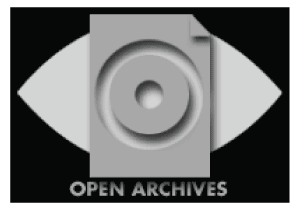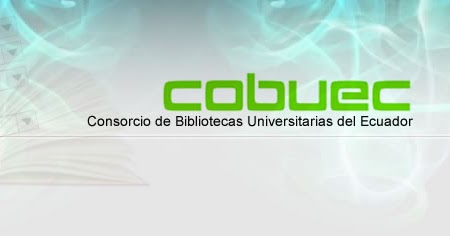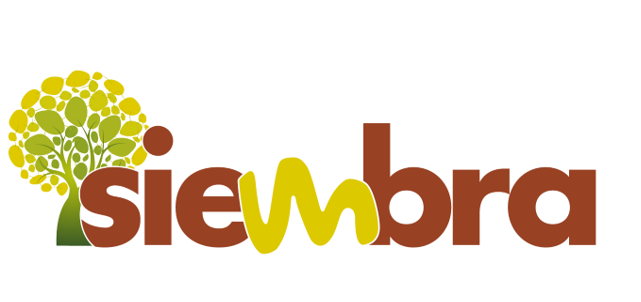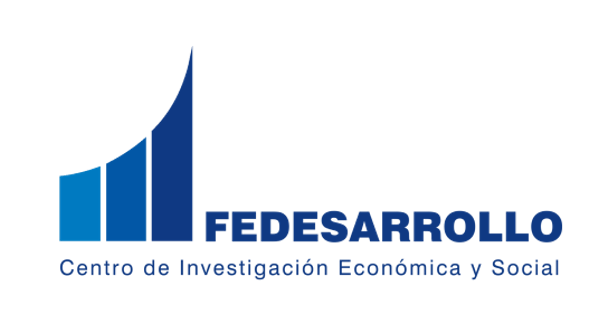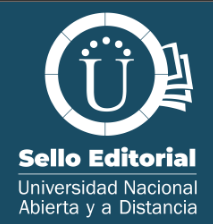Mostrar el registro sencillo del ítem
Uso de extracto del árbol de Neem (Azadirachta indica), para el control de mosca blanca (Trialeurodes vaporariorum) en el cultivo del tomate (Solanum lycopersicum) como alternativa, para mitigar el impacto negativo de los agroquímicos en el municipio del Peñol Antioquia.
| dc.contributor.advisor | Hernández Fernández, Diego Mauricio | |
| dc.coverage.spatial | cead_-_medellín | spa |
| dc.creator | Parra Ceballos, Julio Alberto | |
| dc.creator | Pérez Velásquez, Gustavo Alberto | |
| dc.date.accessioned | 2019-07-13T13:43:48Z | |
| dc.date.available | 2019-07-13T13:43:48Z | |
| dc.date.created | 2019-03-04 | |
| dc.identifier.uri | https://repository.unad.edu.co/handle/10596/26921 | |
| dc.description.abstract | El uso indiscriminado de agroquímicos se ha convertido en un factor de importancia en la agricultura tradicional, con el propósito de obtener grandes rendimientos, sin desconocer los riesgos que se asumen al utilizar este tipo de prácticas, en cuento a la salud de productores y consumidores y daños al medio ambiente. El objetivo del presente proyecto es dar a conocer a los agricultores de la región, mediante un informe técnico, los insecticidas naturales que se utilizar para controlar la mosca blanca (Trialeurodes vaporariorum) en el cultivo del tomate (Solanum lycopersicum), pues es una de las plagas de mayor importancia económica en este cultivo, en el Municipio del Peñol, Antioquia. El trabajo se realizará en el Municipio del Peñol, oriente antioqueño, en la vereda de Guamito en el que se tendrán dos tipos de invernaderos con el mismo cultivo, la misma variedad y las mismas distancias de siembra, uno con un manejo convencional donde se utilizan todo tipo de plaguicidas de síntesis química y el otro con un manejo más limpio u orgánico donde solamente se utilizarán agroquímicos permitidos de baja categoría toxicológica y el uso de insumos agro biológicos acompañados de las BPA. | spa |
| dc.format | spa | |
| dc.format.mimetype | application/pdf | spa |
| dc.language.iso | spa | spa |
| dc.publisher | Universidad Nacional Abierta y a Distancia UNAD | spa |
| dc.title | Uso de extracto del árbol de Neem (Azadirachta indica), para el control de mosca blanca (Trialeurodes vaporariorum) en el cultivo del tomate (Solanum lycopersicum) como alternativa, para mitigar el impacto negativo de los agroquímicos en el municipio del Peñol Antioquia. | spa |
| dc.type | Proyecto aplicado | spa |
| dc.subject.keywords | Plaga | spa |
| dc.subject.keywords | Plaguicida | spa |
| dc.subject.keywords | Insecto - Mosca | spa |
| dc.subject.keywords | Control biológico | spa |
| dc.subject.keywords | Fruta - Tomate | spa |
| dc.description.abstractenglish | The indiscriminate use of agrochemicals has become an important factor in traditional agriculture, with the purpose of obtaining high yields, without ignoring the risks that are assumed when using this type of practices, in relation to the health of producers and consumers and Damage to the environment. The objective of this project is to inform the farmers of the region, through a technical report, the natural insecticides used to control the whitefly (Trialeurodes vaporariorum) in the tomato crop (Solanum lycopersicum), as it is one of the pests of greater economic importance in this crop, in the Municipality of Peñol, Antioquia. The work will be carried out in the Municipality of El Peñol, eastern Antioquia, in the village of Guamito, where there will be two types of greenhouses with the same crop, the same variety and the same planting distances, one with conventional handling where they are used all types of chemical synthesis pesticides and the other with a cleaner or organic management where only permitted agrochemicals of low toxicological category and the use of agro-biological inputs accompanied by GAP will be used. | spa |
| dc.subject.category | Agronomía, botánica, entomología, biología | spa |
| dc.rights.accesRights | info:eu-repo/semantics/openAccess | spa |
| dc.rights.acceso | Abierto (Texto Completo) | spa |
Ficheros en el ítem
Este ítem aparece en la(s) siguiente(s) colección(ones)
-
Agronomía [574]

